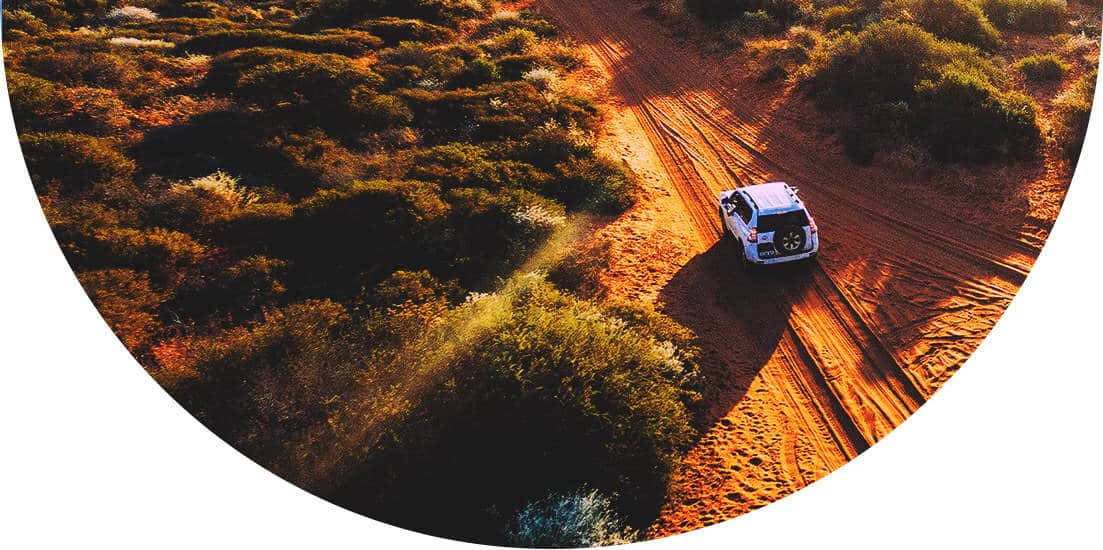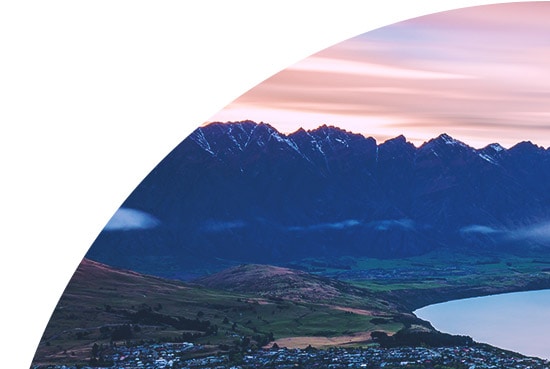Chikungunya is a viral disease transmitted to humans by infected mosquitoes and it causes fever and severe joint pain. Other symptoms include muscle pain, headache, nausea, fatigue and rash. Joint pain is often debilitating and can vary in duration. The disease shares some clinical signs with Dengue, and can be misdiagnosed in areas where Dengue is common. There is no cure for the disease. Treatment is focused on relieving the symptoms.


Travel Vaccinations for Christmas Island
Recommended Vaccines for Christmas Island
The level of protection needed depends on your medical history and travel itinerary. Book now to get a personalised recommendation from our specialist travel nurses. The consultation costs £20 plus any vaccines you decide to take.
Flexible appointments with no upfront payment
Book Now
Destination Information for Christmas Island
Christmas Island is an Australian territory in the Indian Ocean, although geographically it’s located much closer to Indonesia. The island was discovered on Christmas Day 1643 and was originally settled on by the UK in 1888, before sovereignty was transferred to Australia in 1958. The main resource on Christmas Island is phosphate, the mining of which was the main reason for the island’s settlement. Its coastline is mainly cliffs, with a few small bays of shingle beaches. Inland is rainforest, and around two thirds of the island is national park.
For the active traveller, there’s plenty to do on Christmas Island, including hiking, diving, snorkelling, caving, whale watching and mountain biking. Christmas Island’s migration of red crabs is famous, as each winter around 120 million amazing red crabs swarm onto the beaches, making for an incredible sight.
The climate here is tropical, with a dry season from May to November. There are a number of places to stay on the island, along with a medical centre and post office, and plenty of bar and restaurants. This may seem a remote destination, but if you’re on the hunt for an unusual exotic location offering sundrenched beaches, plenty of wildlife and a warm welcome from the locals, consider Christmas Island.
Infections and Outbreaks frequently change from country to country and by attending our clinics you will be given the most up to date clinical and safety advice from our team of specialists. Our advice to you often includes aspects such as:
- Food and water hygiene
- Insect and animal bite avoidances
- Personal safety
- Sexually transmitted infections
- Sun protection
- Altitude sickness
Malaria and regions within country:
Malaria is not normally present on Christmas island.



